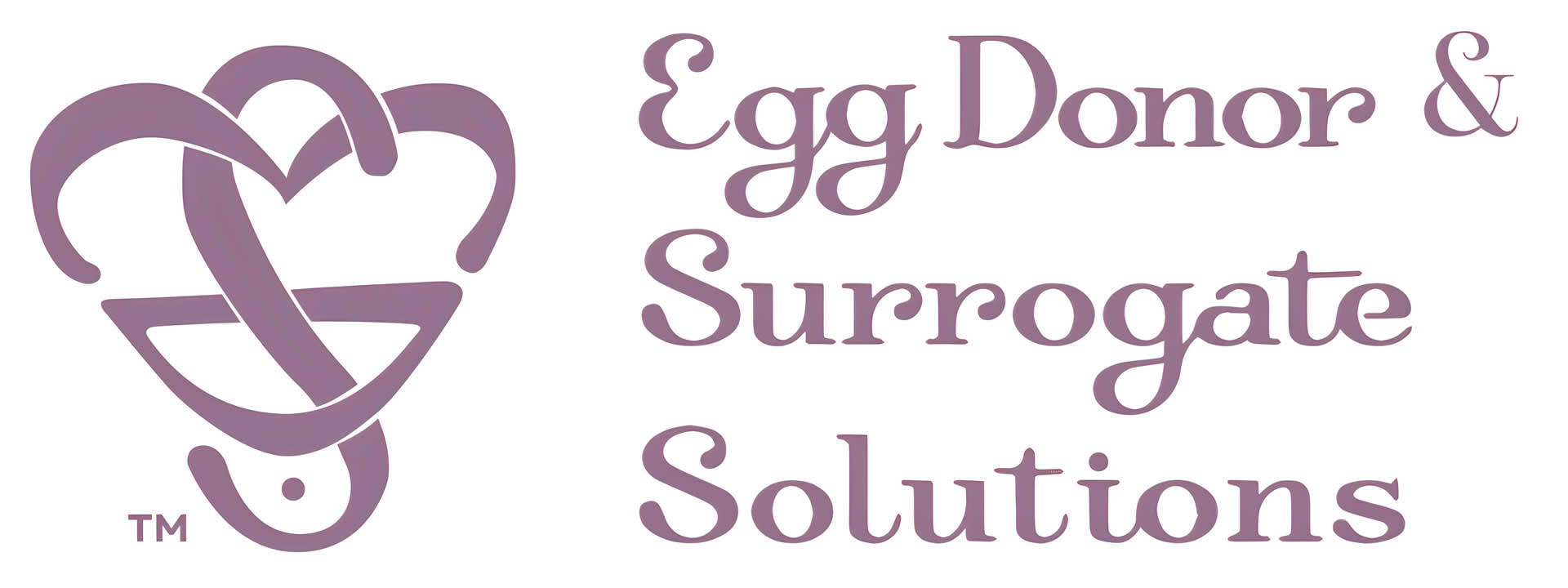Medication always plays an integral role for any egg donation cycle to turn out successful. As an egg donor, you consequently have to be prepared to undertake a number of medical procedures prior to the donation. Essentially egg retrieval is not possible without the need for egg donors to use some special drugs and medication. This is because body conditions have to be regulated before the eggs can be retrieved successfully.
The following is a brief overview of all the major factors an egg donor needs to know regarding the medications for egg donors. The medications used in the process aim to stimulate follicle development and increase the number of eggs produced. Common medications used for ovarian stimulation include Lupron, Gonal-F, and Follistim.
Lupron, or Leuprolide Acetate, suppresses the body’s natural hormone production, preventing follicle development and egg release. It is often used in combination with other medications to enhance control over the donor’s cycle. Gonadotropins, such as Menopur and Reproex, directly stimulate the ovaries, leading to increased follicle development.
There are different types of gonadotropins based on their composition. Some contain both FSH (Follicle Stimulating Hormone) and LH (Lutenizing Hormone), while others only contain FSH. Examples of FSH-only medications include Follistim and Gonal-F.
GnRH antagonists like Ganirelix or Cetrotide are used to prevent premature ovulation and are typically administered a few days after starting medications but before retrieval.
The trigger shot is a hormonal drug administered to stimulate the final maturation of the eggs. The timing of the trigger shot is crucial for the success of the cycle, and different clinics may use different protocols. It is usually administered 34-36 hours before retrieval.
The HCG shot, also known as Human Chorionic Gonadotropin, is an intramuscular injection that matures the developing follicles and triggers the release of an egg from its follicle. However, its usage is becoming less common due to the higher risk of Ovarian Hyperstimulation Syndrome (OHSS). HCG trigger may be used if the Lupron trigger fails or if hormone levels are lower than expected.
The Lupron trigger, on the other hand, induces a surge of LH and FSH hormones from the pituitary gland, leading to egg maturation. It may be administered in two phases, with one dosage approximately 36 hours before retrieval and another 12 hours later. Blood work is typically done on the morning of retrieval to determine if the trigger was successful.
In some cases, a combination of the Lupron trigger and a small amount of HCG may be used to reduce the risk of inadequate responses.
We know that was a lot of information! It’s understandable that this information may feel overwhelming at first, but it’s important to remember that you will have support and guidance throughout the journey from both the clinic and the organization you are working with. They will be available to address any questions or concerns that may arise. In the meantime, you could watch this video overview to learn more about the process.













